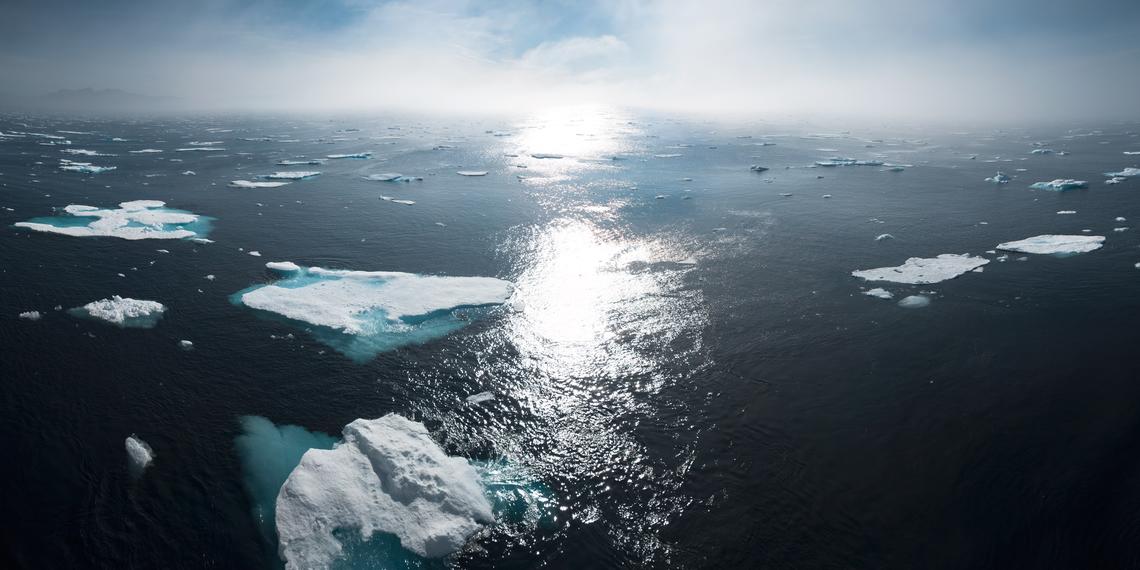
Geoengineering Research Governance Project
at the University of Calgary
The Geoengineering Research Governance Project
The Geoengineering Research Governance Project (GRGP) is a joint initiative of the University of Calgary, IASS-Potsdam and the University of Oxford. It seeks to enhance understanding about the complex issues posed by proposed geoengineering techniques, and to analyse the changes required in governance and legal frameworks necessary to enable effective oversight in this space in line with accepted principles.

The Challenge
Climate change is a defining challenge of our time. The Paris Agreement is a landmark achievement that has renewed ambition to strengthen the global response to climate change. The international community has pledged to keep warming well below 2°C and, beyond this, to pursue efforts to limit the temperature increase to 1.5°C. To achieve this temperature objective, countries have agreed to peak emissions as soon as possible, and to pursue rapid reductions after that with the goal of achieving carbon neutrality by the second half of this century.
However, we find ourselves at a critical junction: atmospheric CO2 levels have recently passed the 400 ppm mark, and staying below 2°C warming requires much faster mitigation than has been previously considered possible. Though it is highly desirable that the goal of avoiding dangerous climate change is achieved through mitigation and adaptation alone, an increasing number of scientists and policy analysts point out that societies may also need to resort to geoengineering — commonly defined as the deliberate large-scale intervention in the Earth’s systems to counteract climate change. Modelled scenarios which restrict the rise in average temperatures below 2°C already incorporate a significant role for the removal of carbon dioxide from the atmosphere and some researchers claim that there may be a need to engage in solar geoengineering methods as well.
The current discussion on geoengineering is largely speculative. Thus, it is argued by some that further research into geoengineering is urgently needed — including field experiments conducted in the open environment — in order to understand the feasibility, benefits and risks of such measures. However, proceeding with geoengineering research in the absence of appropriate oversight raises a number of social, political, ethical and environmental concerns. The ramifications of conducting research may even extend to the future success of the Paris Agreement itself, for example, by potentially undermining support for policies to reduce greenhouse gas emissions and collective action to address the root causes of climate change. Thus, ramping up research efforts in this field must go hand in hand with the development of appropriate regulatory and governance arrangements to ensure that research is conducted safely and in a socially responsible and equitable manner.
Our Approach
This project builds upon a Draft Code of Conduct for Responsible Scientific Research involving Geoengineering that was prepared by legal scholars Anna-Maria Hubert and David Reichwein, which aims to establish guidelines for the responsible conduct of scientific research involving geoengineering. Published as a working paper in 2015, the Code of Conduct, together with accompanying commentaries, was developed to help equip decision-makers with the necessary knowledge to navigate these challenges.
The GRGP aims to develop this Code of Conduct by reaching out to a wide range of stakeholders – policymakers, academics from various disciplines, civil society organisations, and the broader public. Part of the project involves an in-depth analysis of the draft text by a range of legal experts. We will also use this website as a means to enable a broad range of people with an interest in this subject to offer comments, suggestions and additional perspectives.
Analysis by legal experts and the comments and suggestions made via this website will be used to help refine the Code of Conduct. The purpose of this open consultation is not to generate votes for what is in and what out of the Code, but rather to ensure that all the relevant issues and arguments are reflected in the body of the text. The ultimate aim of the project is to deliver a robust text that States and other actors can draw upon to develop regulations and governance frameworks for geoengineering research.

Our Partners



